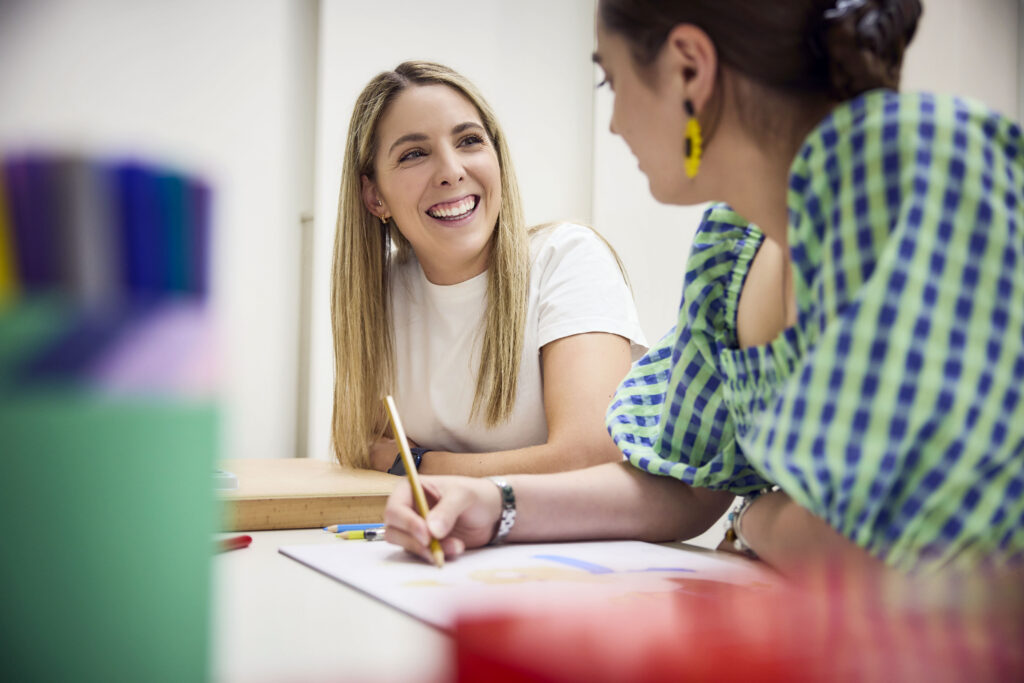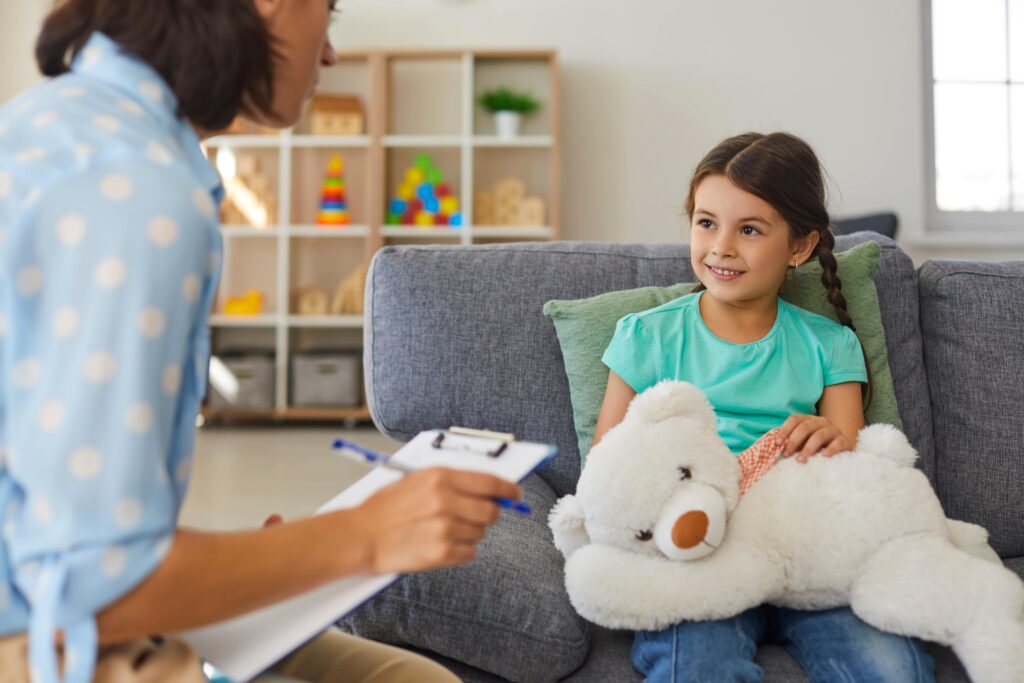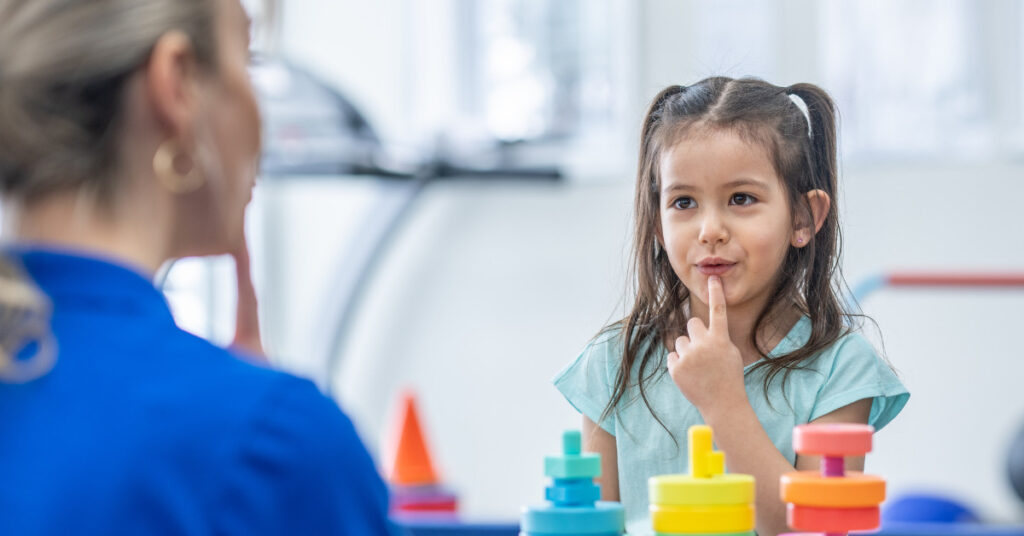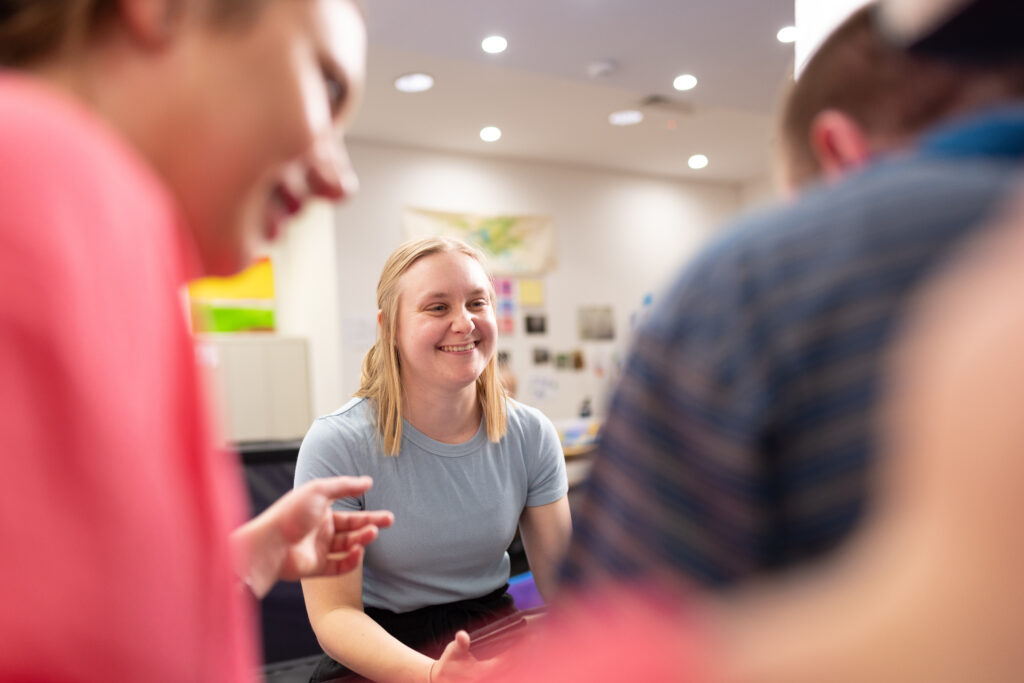Phonological Awareness: Why it matters for early literacy
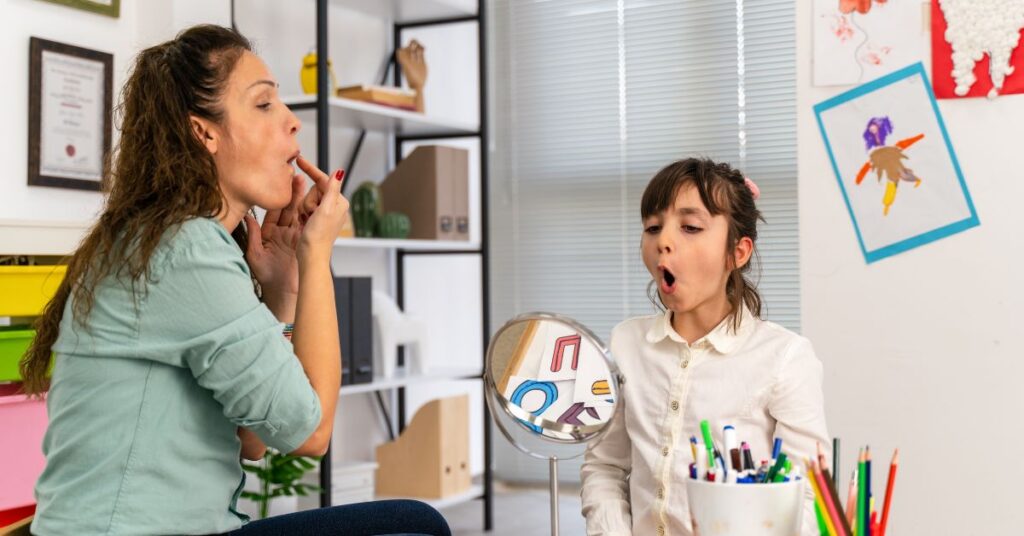
Phonological awareness comes first!
When it comes to early literacy, most parents picture their child learning the alphabet, sounding out words and writing their name, perhaps assuming that literacy learning begins with formal education – in prep. Studies consistently show that the foundations are laid much earlier. Long before children learn to successfully read and write, they are developing their phonological awareness skills (Lonigan et al. 2018; Melby- Lervåg et al. 2012).
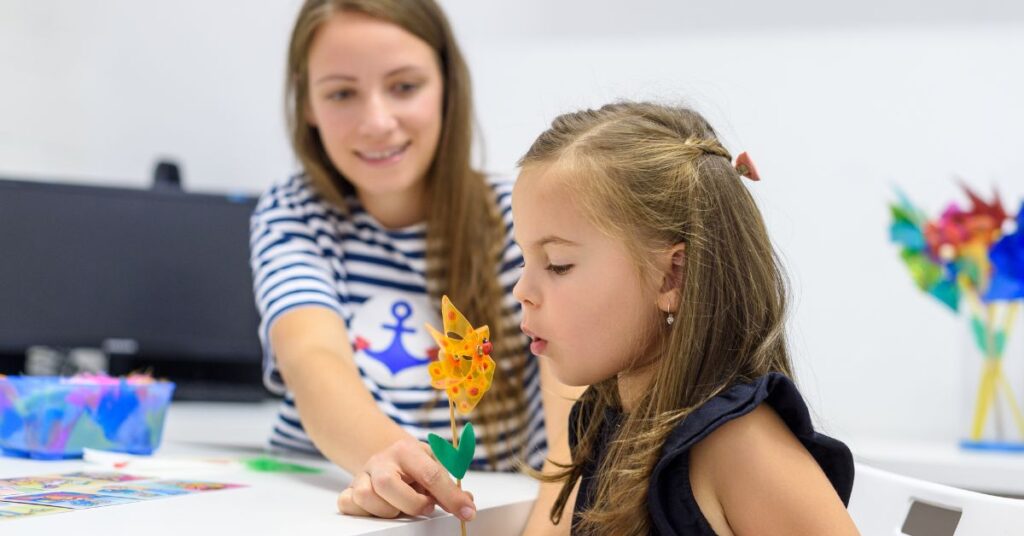
What is phonological awareness?
Phonological awareness is the ability to recognise (and manipulate) individual sounds in words. Children can tune into the sound structure of language long before they are introduced to written text. Children need to be able to HEAR the sounds (44 sounds are represented by 26 letters!) in order to WRITE or READ the sounds. Phonological awareness includes recognising rhymes (from approx. 2 years old), clapping out syllables (from approx. 4 years old), and identifying the individual sounds (phonemes) that make up words (from approx. 5 years old).
Phonological awareness develops in a hierarchical sequence, with each skill building on each other. Take the word “dog,” for example. A child might first notice that “dog” and “log” rhyme. Later, they may learn to break “dog” into its three individual sounds: d-o-g. This ability to segment and blend sounds is essential for learning phonics, where the child begins connecting those sounds to letters and decoding written words. A child’s vocabulary will then become richer when they learn that swapping out the <o> for an <i> would make a new word, with a whole new meaning – “dig”.
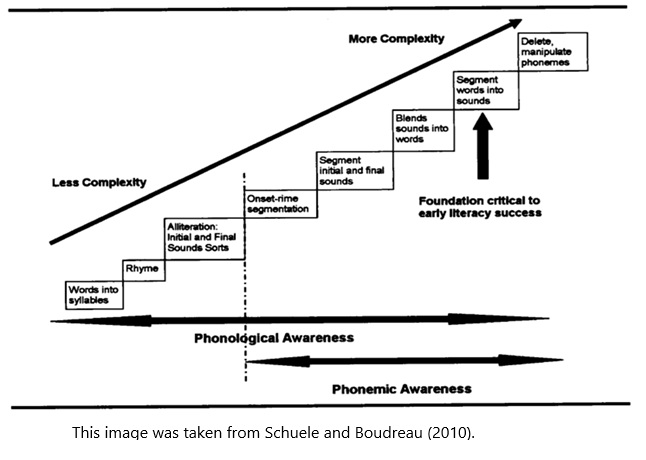
Parents can make a big difference at home
There are no special tools or training required to support phonological awareness skills. Everyday moments like singing songs/nursery rhymes, reading picture books aloud (especially those with alliteration or rhyme), playing rhyming games, or chatting about the sounds in words all help to build phonological awareness. It should be fun, simple and woven into daily routines like bath time, car rides e.g, “I spy!”, mealtimes or walking through a shopping centre – e.g,. “I see bananas and berries, they both start with /b/!”
Some free online activities can be found here.
Support from a Speech Pathologist
While many children develop phonological awareness naturally, some may need extra support. Consider consulting a Speech Pathologist if your child:
Struggles with rhyming, segmenting or blending sounds by age 4-5.
Has difficulties recognising first sounds in words or generating words that start with a given sound.
Has speech sound difficulties or unclear speech that might make learning sounds harder.
A speech pathologist can:
- Assess your child’s phonological awareness and overall speech and language skills.
- Provide targeted, evidence-based activities and games for home and school.
- Collaborate with educators to support reading and writing development.
Reach out to our care team to learn more about how Early Start Australia can support your child and family or contact us today to learn more or book an appointment.




